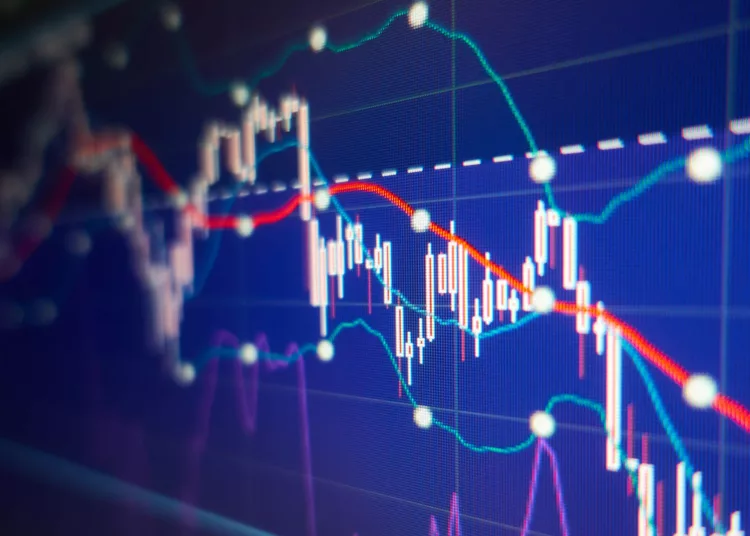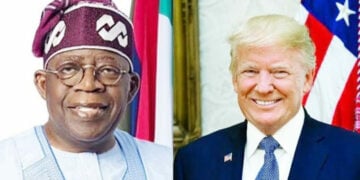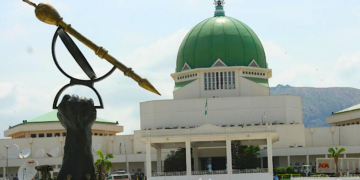The Nigerian stock market shed N2.512 trillion in just four trading days of this week, reflecting heightened investor caution amid U.S. President Donald Trump’s threat of possible military action over the killing of Christians by Islamist militants in Nigeria.
Analysts attributed the sell-off to panic trading, profit-taking in fundamental stocks, and a broader risk-off mood, although some see selective buying opportunities in fundamentally sound stocks.
The stock market resumed trading for November on a bearish note as the All Share Index (ASI) lost by 2.66 per cent to close at 150,026.55 points on November 6, 2025, from 154,126.46 points at which the market opened for trading on November 3, 2025. Additionally, market capitalisation decreased by N2.512 trillion to close at N95.317 trillion, down from N97.829 trillion.
Speaking on market performance, the chief operating officer of InvestData Consulting Limited, Ambrose Omordion, attributed the downward movement in the stock market to panic trading by investors over President Donald Trump’s threats posted on social media.
He noted that foreign investors are expected to react by taking profits in listed fundamental stocks.
He, however, urged investors to take positions in some of these stocks amid the growing fundamentals of listed companies on the NGX.
The managing director, Globalview Capital Limited, Mr Aruna Kebira, stated that investors’ profit-taking in Aradel Holdings Plc, among others, impacted the stock market performance.
“If the stock market maintains its downward trend throughout this week, it can easily be linked to threats by President Donald Trump. The stock market is meant to react to market forces, as witnessed in investors’ profit-taking of key fundamental stocks.
“We cannot conclude that investors reacted to President Donald Trump’s threats. Whether it is going to happen is uncertain,” Kebira added.
The vice president of Highcap Securities Limited, Mr David Adnori, stated that investors on the NGX traded with caution, stressing that the Nigerian market, currently dominated by local investors, can withstand external shocks.
The current decline in market performance, he argued, is more closely related to the underlying economic fundamentals.
He noted that many companies, including banks, have reported disappointing results, saying “for example, firms like Cadbury and Nigerian Breweries have shown only shaky recovery in their third-quarter performance.”
Adonri noted that rather than being a source of concern, Trump’s proposed actions could lead to a market upswing by addressing terrorism and insecurity in Nigeria.
The director/CEO of Centre for the Promotion of Private Enterprise (CPPE), Dr MudaYusuf recently stated that even the mere threat of military action by a global superpower has inflicted significant reputational damage on Nigeria’s image as a safe and viable investment destination, saying that such rhetoric can trigger declines in foreign direct investment (FDI) inflows, capital flight from portfolio and equity investors, a decline in venture capital and startup funding and heightened country risk ratings and investor anxiety.
He said that “financial market volatility would likely intensify as investors reassess Nigeria’s risk profile. Likely consequences include falling stock market valuations, rising country risk premiums and insurance costs, higher sovereign bond yields, and naira depreciation due to capital outflows and portfolio reversals.”
Recall that the Nigerian stock market gained N7.248 trillion in October 2025. Analysts have attributed the growth to stability in the foreign exchange market, companies recovering from foreign exchange losses, market liquidity, capital inflow, the dominance of domestic investors, increasing portfolio investment, the Central Bank of Nigeria (CBN)’s banking sector recapitalisation and insurance sector reforms have played a critical role in overall stock market performance in the period under review.





